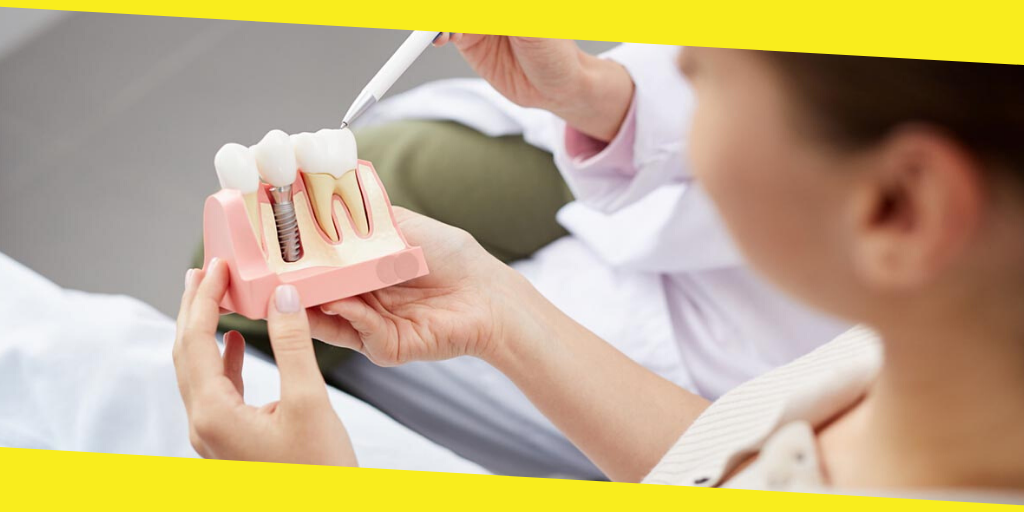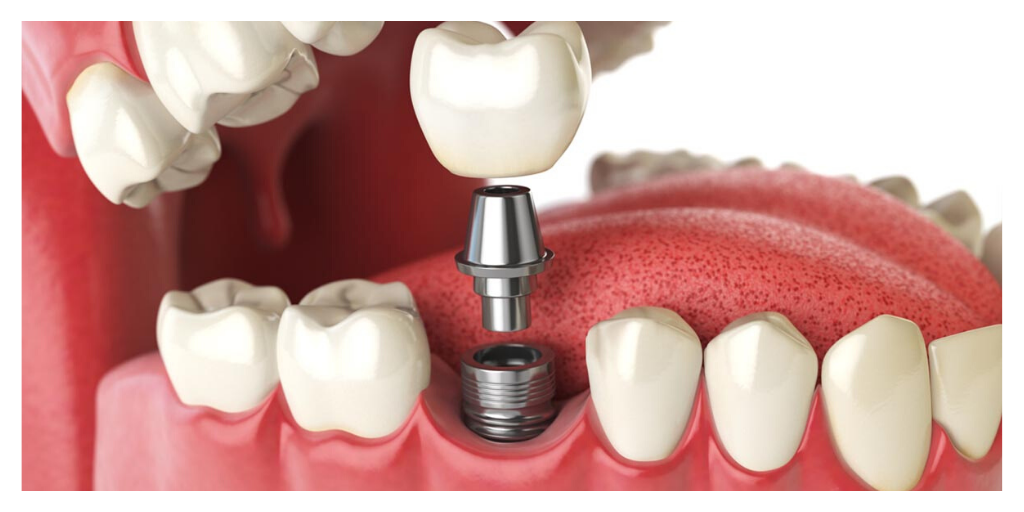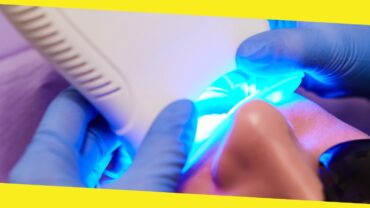Dental Implants Singapore: The Gold Standard for Tooth Replacement

Patients who have missing teeth come to the dentist’s office with the hopes of upgrading their chewing function and bring back the simple joy of eating their favourite food with ease and comfort. Much to patient’s delight, dental implants not only improve chewing but also bring a lot of benefits that can help them improve their overall oral health and restore their confident smile.
Why consider dental implants over other tooth replacement treatments in Singapore?
In Singapore, other tooth replacement treatments are in the form of dental bridges and dentures. These are fixed prostheses that replace missing teeth. While these treatments may cost less than dental implants, there are a lot of reports of unsatisfied patients after a denture or dental bridge treatment, according to Dr Marlene Teo.
This is mainly because of:
- the poor bite strength that can affect chewing and nutrition
- the adjacent teeth that are used for anchorage of prostheses are damaged and cause further complication
This is why dental implants are generally the first choice for replacement of missing teeth. Next to braces, dental implants are probably one of the most popular dental treatment among adults in Singapore because of the following reasons:
- Natural-looking – dental implants look like normal, healthy teeth that no one will notice that they are not your real teeth.
- Improve chewing function – There is no denying that a complete set of teeth makes for a comfortable chewing function and better eating experience. With dental implants, you can now enjoy a good and have balanced nutrition by being able to eat a wider range of food textures.
- Protect natural teeth from wear and tear – When a tooth is lost, the chewing forces and regular wear and tear in the mouth area are directed to the adjacent teeth making them more prone to damage and decay. When dental implants replace the lost teeth, these forces are distributed to more units, therefore, reducing the risk of damage to natural teeth and improves overall oral health in the long run.
- Long-lasting – When done by a skilled dentist and made with good quality implants, dental implants can be a long-lasting replacement for a lost tooth. With proper oral hygiene and healthy lifestyle, dental implants can last a lifetime.
- Help boost self-esteem – Dental implants fit a natural, aesthetically identical replacement tooth back into place. A more aesthetic look ultimately boosts a person’s confidence after enduring long periods of not having a complete set of teeth.
How do dental implants procedure work?

After a thorough consultation and a series of tests to determine the over-all jaw strength and gum health, the procedure for dental implants usually involves two parts.
Surgical fixation of dental implants in Singapore
Dental implants are typically made of titanium, a biocompatible material that is surgically inserted into the jawbone. During this step, patients are put under intravenous (IV) sedation or local anaesthesia to ensure a comfortable procedure. After a period of 2-6 months, the titanium implants will integrate (osseointegration) into the jawbone to serve as an artificial tooth root where the new tooth will be attached.
Crown Placement
When the wound has completely healed and the dental implants have bonded to the jawbone, the abutment (connecting pieces that join the artificial tooth to the implants) and implant crown (prosthetic tooth) is fitted onto the implant in a straightforward procedure. The type of dental crown depends on the preference of the patient, with the proper recommendation from the dentist.
Is dental implant treatment painful?
Like any other surgical procedures, there will be no pain during the procedure thanks to the anaesthesia. When the anaesthesia wears off, however, expect some discomfort after dental implant surgery. Most patients liken the sensation you get after tooth extraction. Pain or discomfort can persist for a couple of days and patients can already resume normal activities after this period.
What post-operative care should be undertaken?
- anti-swelling medication
Over the following days, there might be some slight swelling and bruising on the implant site but don’t worry because these are just normal and your dentist will make sure that you get prescription to help you manage the discomfort. If the swelling and pain persist or becomes overbearing, call your dentist right away.
- Soft diet only
To avoid irritations on the implant site, you will be advised to have a soft diet while the wound is healing.
- Avoid implant site when brushing
You can also brush your teeth like normal but take extreme caution over the surgical area to prevent the wound from opening up and cause infection.
How much does a dental implant cost in Singapore?

A single dental implant can cost about $2,000 to $6,000 depending on the complexity and brand of implants and dental crowns used for the procedure. In some cases, bone grafting or gum grafting are required at the implant site as part of the treatment plan and can cost more than simple dental implant surgeries.
Are dental implants Medisave claimable?
Fortunately, dental implants can be covered by Medisave and will be subject for approval by the Ministry of Health. In Singapore, Medisave can cover up to $1250 for a single dental implant and one patient is eligible for a maximum of 8 dental implants for a total of $7500.
What is the success rate for dental implants?
In Singapore, dental implants have been used for tooth replacement for a very long time. With proper maintenance, healthy lifestyle choices and good overall health, the long-term success rate for dental implants is reported to be as high as 90-95%. Factors that can contribute to dental implant failure are smoking and other medical conditions like diabetes.
In Conclusion
Dental implants are now considered as the gold standard to replace a tooth that has been lost due to physical trauma, decay and infection. The complete dental implant procedure can take several visits to be completed depending on the complexity of the case and the number of teeth to be replaced. After full dental implant treatment, your new teeth should be able to function normally. Depending on your dentist, follow-up check-ups may be required to assess improvement, possible complications and ensure that the dental implants function properly.
Recommended For You
5 General and Cosmetic Dental Procedures Which Can Improve Your Smile
Most Inside
Most Inside offers high-quality recommendations and valuable updates to enhance all aspects of your life, providing premium guidance and enriching experiences.




